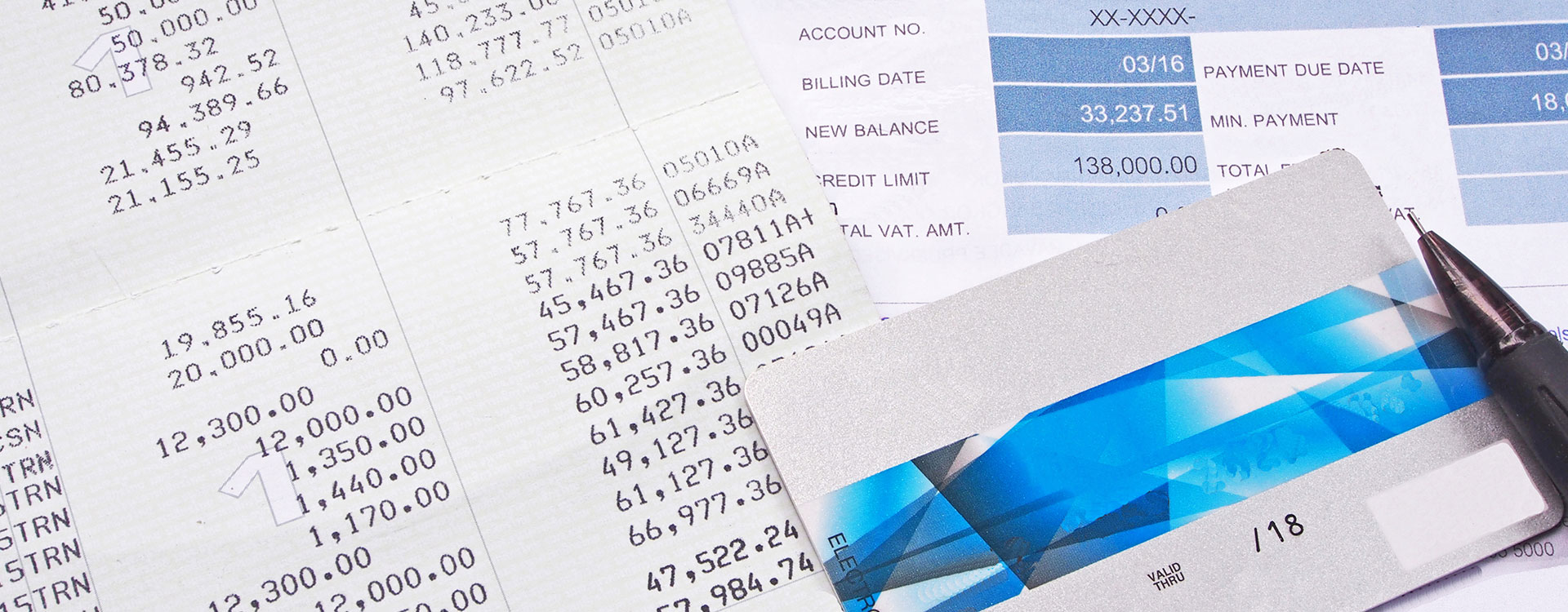Deferring your payment means that you are temporarily suspending the payments for some period of time.
When it comes to personal loans, the term “deferred payment” can be confusing. Many people assume that deferring their payments means that they can avoid making payments at all.
While it is true that in some cases you may be able to temporarily suspend your payments for some time, this does not mean that your loan will go away or be forgiven.
KEY TAKEAWAYS:
- Deferring payments means that you can postpone paying debts for a specific period of time.
- The total amount of debt will still need to be paid in full by the agreed-upon date.
- Before agreeing to delay repayment, make sure that you understand any fees or additional costs associated with deferment.
- Interest may accrue on the loan during this time, so you should make sure to consider the full cost when making a decision.
The Meaning Of ‘Defer Payments’ In Loan Terms
When you take out a loan, you are agreeing to pay back the total amount borrowed over time according to the terms of your loan agreement. In some cases, you may be able to request a deferment of your loan payments.
Generally, this means that you are asking for permission from the lender to temporarily postpone your payments for some time. This does not mean that you are no longer responsible for repayment of the loan. It simply means that you are granted a delay in making payments until a specified date or after certain conditions have been met.
It is important to note that when you defer payment on a loan, the interest on the loan will still be accruing on this time period when it comes to certain loans such as student loans. This can result in more money being paid back in the long run.
Before taking out a loan, it is important to understand the repayment terms and whether or not deferment is an option.
What Are The Benefits Of Deferring Payment?
The primary benefit of deferring payment is that it can help manage debt and provide a source of relief if you are struggling financially. Payments piling up can be overwhelming as an individual searches for options to ensure financial stability.
Whether it be debt consolidation, refinancing or even the sale of assets to pay off outstanding balances, deferring payment can provide a much-needed break from the financial pressure.
Another benefit is that it can also help protect your credit score.
By opting for this temporary solution, you can avoid late payments that could otherwise impact your credit rating. Ideally, it is also best to ensure that the lender does not report the deferred payments to the credit bureaus as late payments by accident.
Do Lenders Have To Approve A Deferment Request?
In most cases, you will need the approval of your lender to defer your loan payments. Many lenders are willing to work with borrowers who are having difficulty making payments.
However, it is important to keep in mind that not all lenders are willing to grant deferment requests. It is best to carefully read the terms of your loan agreement before making any assumptions about whether or not your lender will approve a deferment request.
If you do decide to submit a deferment request, be sure to include all required documentation and provide accurate information. This will increase the likelihood that your lender will approve your request.
Where You Will See The Term ‘Defer Payment’
The term 'defer payment' can be found in any number of contexts. For example, it may appear on loan documents or in the language of an agreement for a rental property, student loan, or any other type of loan.
Generally, when it comes to deferment requests, the term will be used to refer to a time during which loan payments are suspended.
For example, if you are looking to defer payments starting in September because you are finishing your last semester of education and are expected to receive employment shortly thereafter, you could request a deferment of payments for the six months starting in September.
The Importance Of Understanding The Meaning of Defer Payment
It’s important to understand what deferred payment means before you decide if it is right for you and your financial situation. In some cases, deferring payments may not be the best choice for you. This is especially true if you are dealing with a high-interest loan or credit card that carries high fees and interest rates.
As mentioned earlier, the interest will accrue during the deferment period, so it could be more beneficial to make payments while you can.
Misinterpretation of the term 'deferred payment' can also lead to confusion and dissatisfaction with agreements. If you are looking to negotiate a loan or rental agreement, for example, both parties must understand the terms of the agreement – including any deferment clauses – before signing anything.
In some cases, individuals may assume that deferring payments means that they are no longer responsible for paying the amount due at all. This is a financially dangerous myth that can lead to serious negative implications.
As the deferred payment period ends and the loan is revisited with the interest and additional fees, the total amount due may be much higher than the original debt. This unexpected amount could put you in a difficult financial position.
What Happens When You Defer Your Payments?
If you opt to defer your payments, there are a few things you should keep in mind. First, you will likely need to pay a fee for the privilege of delaying payment. This fee can vary depending on the lender or creditor that you are working with and could be quite high.
Next, if approval is granted, you and the creditor will agree on a set date for repayment. This is when the full amount of the debt must be paid in full. It's important to have a plan in place for paying back the entire balance by this date.
Finally, the payments will be paused for a specific time. During this period, you will not be responsible for making payments. With an efficient loan shopping website, you can compare deferment options and get the best agreement for your needs.
How Credit9 Can Help You
At Credit9, we understand the challenges you face when managing multiple debts along with deferred payments and we're here to help.
Our mission is to provide you with the guidance, support, and expertise necessary to make informed financial decisions. By exploring our range of personal loans, you can take the first step towards a brighter financial future.
Together, we can help you become debt-free and empower you to achieve your financial goals.
Since 2018, Credit9 has provided over $460 Million in loans to over 36,000 of our customers, and we’re confident we can help you too.
For more information about Credit9’s unique debt consolidation services, contact us today to see how we can help you consolidate your debts and receive a free, no-obligation, and fully-customized Credit9 loan solution!
Debt Consolidation Loan

 Clear Language Establishes Trust And Minimizes Anxiety When It Comes To Finances
Clear Language Establishes Trust And Minimizes Anxiety When It Comes To Finances
 The Best Ways To Loan Money To Friends And Family
The Best Ways To Loan Money To Friends And Family
 Why October FAFSA Deadline Could Help Students Make Smarter Choices About Paying For College
Why October FAFSA Deadline Could Help Students Make Smarter Choices About Paying For College